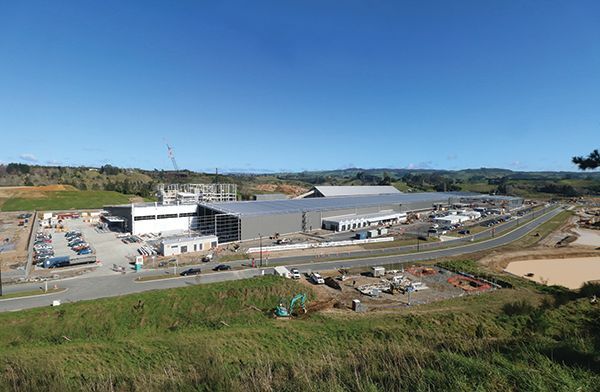Sector Spotlight | STEM
As someone who has been around longer than Google, it’s safe to say that we’re living in an era known for its technological advancements and rapid scientific progress. Things are faster and more convenient than ever before which I’m grateful for.

While this fast-paced world comes with a hefty price tag, I want to focus on something other than cybersafety and the social dilemma… future proofing our future.
The demand for skilled professionals in STEM fields (Science, Technology, Engineering, and Mathematics) fields is higher than ever however, a concerning global trend has emerged: lower numbers of tertiary students are enrolling in STEM programs, which could create significant challenges for the future workforce. I want to explore the far-reaching effects of this phenomenon and why you should care about it.
If the Covid-related talent shortage taught us anything, a workforce imbalance, i.e. a surplus of grads in non-STEM fields and a shortage of STEM-related professionals, it creates an employment market where candidates are king. If you tick the boxes required for any job opportunity, it felt like candidates could almost write their own employment offer including work type and salary. Sounds great right? Unfortunately, we’re now seeing people who have now priced themselves out of the market.
Looking even further into the future, a drop in qualified in STEM experts could hinder economic growth and innovation, as well as technological innovation and advancement, potentially leaving industries and economies trailing behind in the global race for competitiveness.
According to local statistics*, Aotearoa New Zealand seems to be bucking the global trend of tertiary students opting for non-STEM disciplines, resulting in a disproportionate distribution of skills in the job market, but how long will we escape the consequences of this worrying STEM trend and what can we do to stop it altogether?
How to Protect the Future of STEM
- Remove the Roadblocks
Many of our tamariki (children) and rangatahi (young people) look at STEM subjects as being in the “too hard basket” making it unlikely they would consider studying these fields even if they were interested in knowing how things work and why.
By making Science, Technology, Engineering and Mathematics more accessible to the masses, it would attract a more diverse range of students to this vital disciplines. - Representation Matters
To dream of a possible future, you first need to see yourself there. The absence of relatable role models in STEM fields, especially among underrepresented groups, like women, Māori and Pasifika, makes it harder for the next generation to imagine themselves doing it.
Encouraging diversity and showcasing successful individuals in STEM can inspire a wider range of students to enter these fields. - STEM in the Spotlight
Inadequate education and resources seems to be a regular issue in the media; there just aren’t enough teachers with the knowledge and passion to encourage students to thrive at STEM subjects at school.
There’s no silver bullet for fixing the New Zealand education system but perhaps parents could talk about STEM stuff in the home and shine a light on people like Nanogirl (Dr. Michelle Dickinson) who make science accessible and fun – check out this list of international STEM influencers who could ignite something in our tamariki and rangatahi brains.
While it's encouraging that the number of people studying STEM subjects at local tertiary institutions is experiencing steady growth, it’s vital that this is maintained to ensure the security of our future workforce. By raising awareness of this potential talent trap, we can work together towards cultivating a diverse and skilled STEM workforce that is essential to continuing to drive innovation, economic growth and global competitiveness.
And that feels like a win/win for everyone.
Ngā mihi nui
*educationcounts.govt.nz/statistics/tertiary-participation: Provider-based enrolments: field of study of the courses studied at tertiary education providers.


Contact Us
Have a question?We’re here to help. Send us a message and we’ll be in touch.










